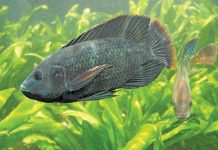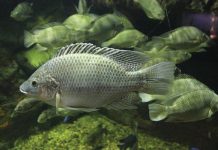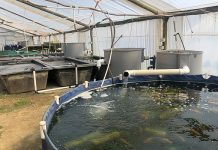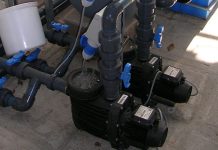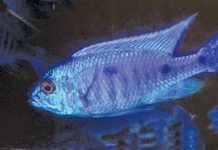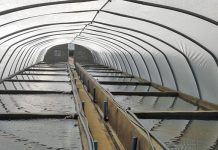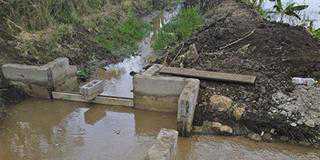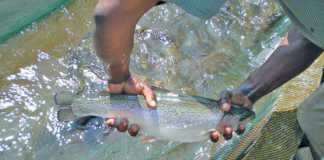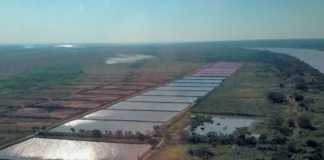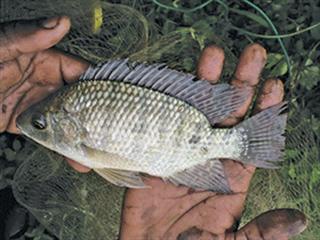
On 16 February this year, tilapia aquaculture in South Africa came of age. That’s when a meeting of interested parties at Hartbeespoort in North West formed the Tilapia Aquaculture Association (TAA). This is the culmination of the ever-increasing interest in tilapia farming throughout Southern Africa over the past two years.
The industry has now reached a stage where it must speak to funding agencies and the government with one voice. The tilapia aquaculture has been a cottage industry in South Africa for many years, but now it’s finally taking off. This is partly due to rising fresh fish prices, partly due to the success of tilapia aquaculture elsewhere, and partly as a result of technical advances in the re-circulating aquaculture systems needed in the country.
Nile tilapia
Some 32 individuals from as far afield as Mozambique attended the inaugural meeting of the TAA. A sprinkling of academics and government officials were also present. Considerable interest was shown in the Nile tilapia, which has formed the backbone of tilapia culture in the East. Here, genetically improved strains of Nile tilapia such as GIFT (genetically improved farmed tilapia) and Chitralada (from Thailand) were developed to improve growth rates by as much as 30% over wild strains.
As I’ve noted before, Nile tilapia have invaded the Zambezi and Limpopo River catchments after escaping from fish farms in Zambia and Zimbabwe, or due to intentional stocking by anglers. These fish have hybridised with – and largely displaced – the indigenous Mozambique tilapia (blue kurper).
Many tilapia farmers in Limpopo and North West are already using this hybrid stock, and need to know the legalities of doing so. At the meeting, Prof Ben van der Waal from the University of Venda drew on his many years of experience of working in these two catchments and gave an illustrated talk on the perils of further introductions of Nile tilapia. He warned of the likelihood of the complete demise of the blue kurper should the Nile species gain access to all the habitats currently occupied by Mozambique tilapia, due to its propensity to dominate the latter genetically.
Using hybrids
Addressing the meeting, I warned potential tilapia farmers that using hybrids from the ‘local river’ is in no way the same as using the derived strains that have been a success overseas. I also pointed out that even the best strains of tilapia will fail where water quality or feeding regimes are sub-optimal. It’s far better at this stage to use a good strain of Mozambique tilapia and ensure your system is capable of maintaining optimum water quality throughout the growth cycle.
Government regulations
The Department of Environmental Affairs’ environmental impact assessment (EIA)requirements for commercial tilapia farming also raised some debate. The new regulations currently up for comment (until 13 March) stipulate a threshold of 20t/year as the level at which a tilapia farm becomes liable for an EIA, no matter where it is. This appears to be a somewhat arbitrary threshold.
A smaller tilapia farm in a sensitive area can potentially do far more damage than a larger concern in a non-sensitive one.
While it goes without saying that the environment requires protection, especially in certain areas, EIAs are very costly exercises. What amounts to a blanket demand for them before a project can be initiate, may well hamper the further growth of the industry.
A basic assessment is a more affordable exercise, under certain situations, irrespective of projected farm size. Whatever the case, these are all aspects that can now be investigated with authority by the TAA. In turn, government can discuss the concerns with one body – something which has hitherto been impossible.
For more information, visit www.thetilapiasite.co.za
Nicholas James is an ichthyologist and hatchery owner. Contact him at [email protected]. Please state ‘Aquaculture’ in the subject line of your email.

